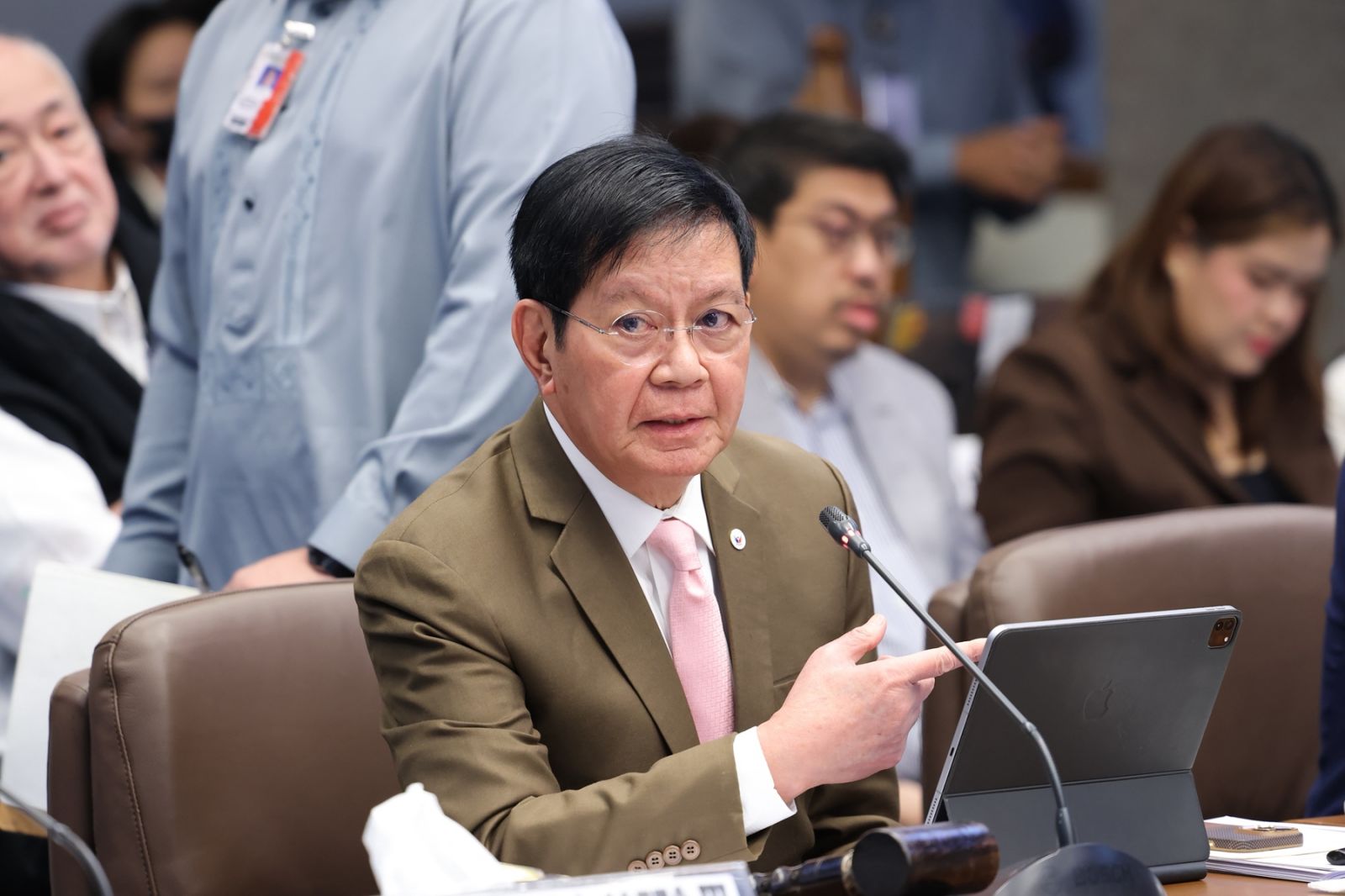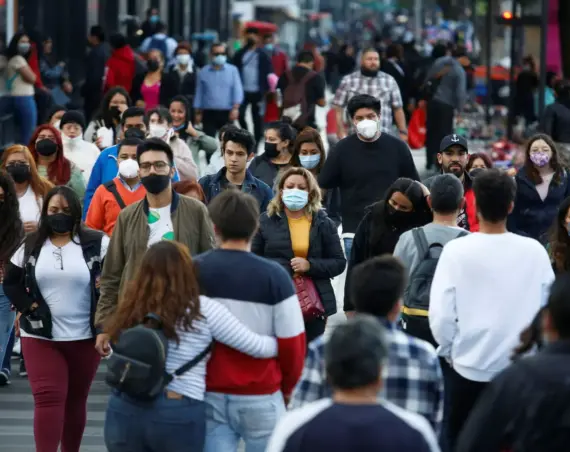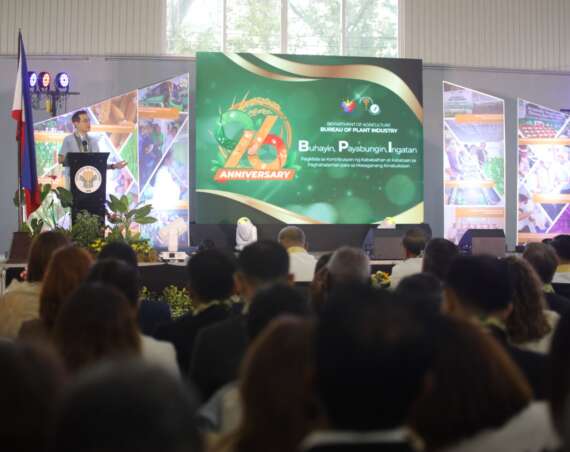Senate President Pro Tempore Panfilo “Ping” Lacson has questioned why former Department of Public Works and Highways (DPWH) Secretary Manuel Bonoan received handwritten “Post-It” memos from civilians or non-DPWH personnel endorsing projects during his term as secretary.
In a radio interview, Lacson said he was “baffled” after discovering that Bonoan had acted on project endorsements written on Post-It notes that did not pass through the department’s official channels.
“I am baffled by the documents I saw, where Bonoan received handwritten memos that turned out to be from civilians or non-organic DPWH personnel. How did these memos, which were scribbled on Post-It notes, get to Bonoan?” Lacson said in Filipino on DZBB.
Lacson noted that the practice raises serious questions about how public works projects were being endorsed and approved within the department.
“That’s the hard part. Such communications didn’t go through the official channels of the department. Why is the secretary dealing with them directly?” he added.
The senator said this is the latest in a series of irregularities uncovered by the ongoing Senate probe into alleged corruption behind flood control and infrastructure projects.
Earlier, Lacson criticized the so-called “leadership fund” under the DPWH, which he said allowed lawmakers to influence the National Expenditure Program by consolidating their project proposals even before Congress was authorized to deliberate on them.
Lacson also decried how DPWH officials had arbitrarily altered lawmakers’ project requests—such as replacing ₱1.5 billion worth of multipurpose buildings with ₱600 million in flood control works—indicating that kickbacks, not needs, were driving project decisions.
“From the testimonies of DPWH personnel, it appears public funds have become nothing more than a toy for corrupt DPWH officials,” he said.
The senator warned that the Blue Ribbon investigation on ghost and substandard flood control projects may expand to cover other questionable infrastructure programs, including farm-to-market roads.
“Over time, the DPWH allowed such abuses because they went undetected or unpunished. In the course of time, this became a lucrative practice,” Lacson said.






